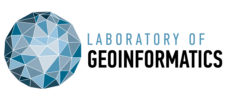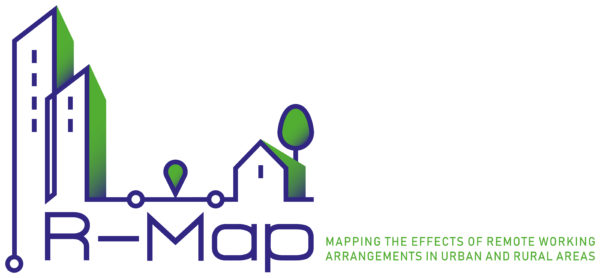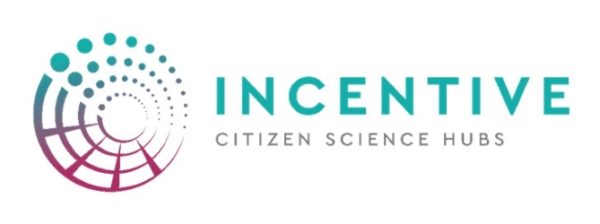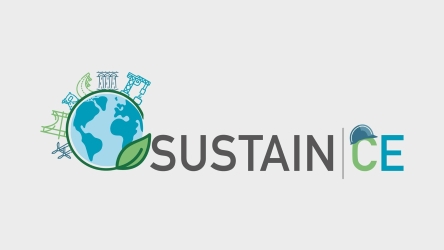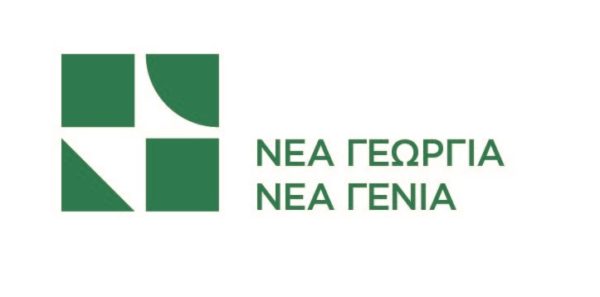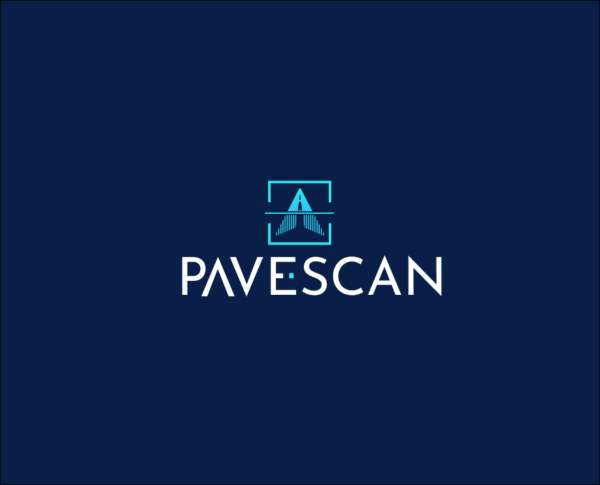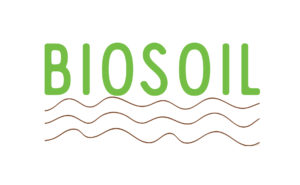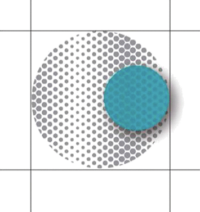R-Map aims to analyze the impact of remote working arrangements (RWAs) on the disparities between urban and rural regions in Europe. The project bases its research on the premise that understanding and shaping the trends related to the emergence of RWAs provides an opportunity to bridge the urban-rural divide affecting its multiple facets.
To achieve its goals, R-Map will produce an Integrated Impact Assessment Framework (powered by the R-Map model) that will allow the assessment of individual, social, economic, environmental and spatial impacts of RWAs.
A visualization platform will be developed leveraging the R-Map model to provide visualization and interactive services allowing decision-makers to monitor and assess how remote work arrangements affect people, communities, space, economy, and environment in urban and rural regions.
The developed tools will be applied at local level to monitor and assess current remote working trends across six representative use-cases in the EU and the AC, in regions within Greece, United Kingdom, Italy, Turkey, Netherlands-Germany, Austria-Switzerland (two cross-border cases).
Using scenario building and forecasting methodologies, R-Map will move on to explore the potential future impact of remote work in these regions for the next 5-10 years and formulate policy recommendations on how to create environments conducive to remote work, that are tailored to the needs of local governments in both urban and rural settings.
Cross-regional exchanges between stakeholders and policy roundtables will help move beyond the regional focus ensuring the replication of results across areas with different characteristics in Europe and beyond.
By taking a comprehensive approach to research on RWAs, R-Map addresses the role and the needs of policymakers, employers, workers, researchers, and civil society, providing capacity to urban and rural regions to seize the opportunities and cope with the challenges brought by remote work.
